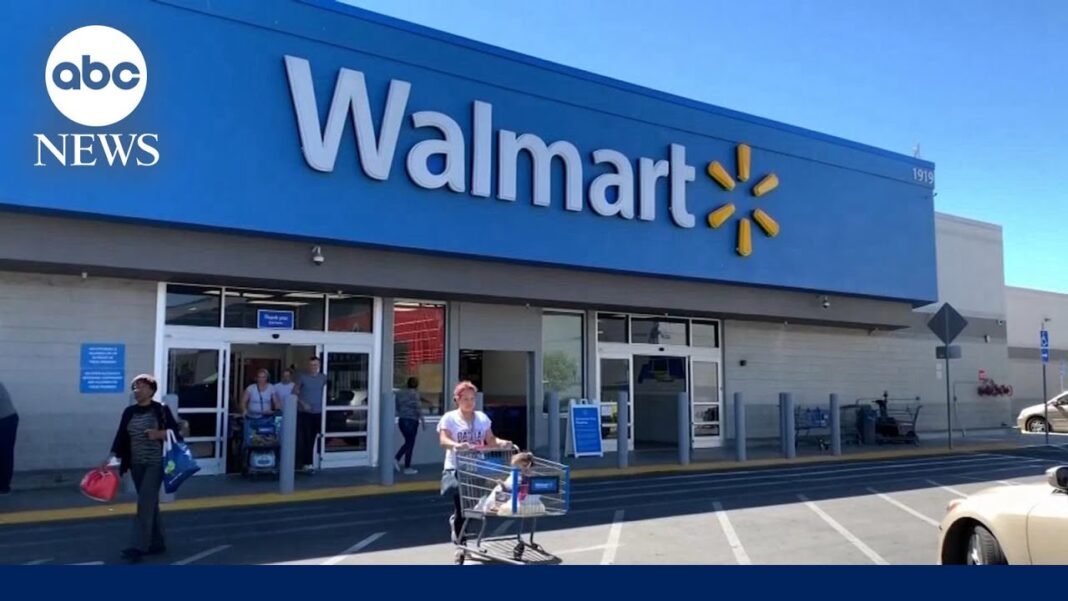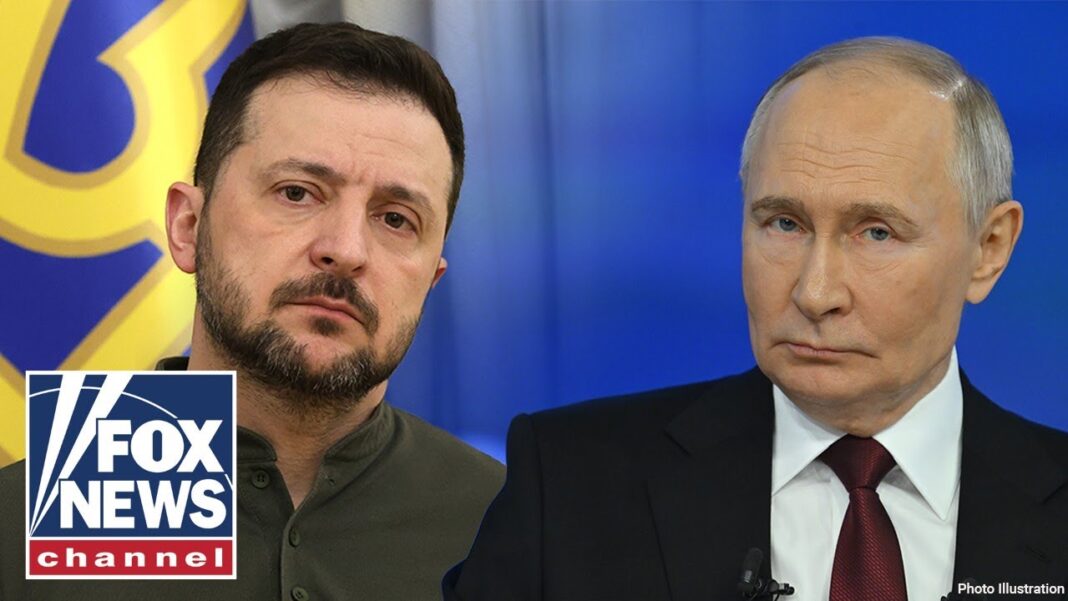The president says the retail giant should absorb costs after executives said the administration’s tariff policies will drive up consumer prices.
President Donald Trump said on May 17 that Walmart should absorb added costs rather than passing them on to American consumers after the retailer said it would raise prices in response to U.S. tariff policy.
“Walmart should STOP trying to blame Tariffs as the reason for raising prices throughout the chain,” Trump wrote in a social media post on Saturday. “Walmart made BILLIONS OF DOLLARS last year, far more than expected. Between Walmart and China they should, as is said, ‘EAT THE TARIFFS,’ and not charge valued customers ANYTHING. I’ll be watching, and so will your customers!!!”
The rebuke came days after Walmart executives said that recent increases in import duties would begin affecting shelf prices later this month.
“Our short and longer-term opportunities are clear. The immediate challenge is obviously navigating the impact of tariffs here in the U.S.,” Walmart CEO Doug McMillon said during a May 15 earnings call. “We will do our best to keep our prices as low as possible. But given the magnitude of the tariffs, even at the reduced levels announced this week, we aren’t able to absorb all the pressure given the reality of narrow retail margins.”
Under a recent agreement with China, the United States reduced tariffs on Chinese goods from 145 percent to 30 percent for a 90-day period.
Walmart’s Chief Financial Officer John David Rainey said the lower rate is still too steep.
“We’re wired for everyday low prices, but the magnitude of these increases is more than any retailer can absorb,” Rainey told CNBC. “You’ll begin to see that, likely towards the tail end of this month, and then certainly much more in June.”
Former Walmart CEO Bill Simon, however, questioned the company’s rationale, noting that general merchandise prices had declined last quarter even as gross profit margins expanded. “So that sort of gives them room, in my view, to manage any tariff impact that they would have,” he told CNBC in an interview.
By Tom Ozimek








